Photographs: Carlos Barria/Reuters
The new leaders will clearly confront large challenges in domestic management, says Kishan S Rana
In former Czechoslovakia, where I served in 1979-81, a minister in a post-dinner joke, made a triple comparison, typical of such humour: while the French president and the British prime minister had their specific problems, President Gustav Husak's difficulty was exceptional; he knew one of the Cabinet ministers was highly intelligent -- but he could not figure out which one! Such black humour was much the norm in East Europe of those days.
When we look to the tribe of China analysts, we face a similar difficulty. Somewhere in the reams of analytical dross, there lie kernels of extraordinary insight. We just don't know where. With that in mind, let me refrain from predictions, while looking to the major leadership change underway in China. It is safer to look to today's context, to identify the issues that will figure in the years ahead.
First, consider the practice of decennial leadership change. It can be roughly compared with "term limits" that are the norm in many countries, such as two terms in the United States, or a single six-year term in Brazil and Mexico.
Click on NEXT for more...
Issues China's new leaders will have to sort out
Image: A security officer stands guard after China's President Hu Jintao's speech at the opening ceremony of 18th National Congress of the Communist Party of ChinaPhotographs: Jason Lee/Reuters
The outside world, indeed most Chinese citizens as well, know nothing at all of the confabulation, contestation, and compromise that produce the single "slate" that the Chinese Communist Party announces, inscrutable to a remarkable degree, which is then closely analysed by those that operate enormous databases, culled from open sources, interviews and fragments of opportunistic data.
Such detailed analysis is new; one expert is Zheng Li at the US Brookings Institute, who has already predicted that the Central Committee typically with 370 members, may this time include around 15 per cent "sea turtles", i.e. those that have studied abroad, mainly in the West, unlike barely six per cent on the outgoing team.
He also anticipates the percentage of engineering graduates to decline, and a relative ascendance of those that have studied the liberal arts. Some expect that to lead to more open-mindedness.
What of the key appointments? The Sate President, who is also the general secretary of CCP, will be Xi Jinping, also heading the Party Secretariat, and its key bodies such as the Central Party School; Li Kexiang to take over as premier next March, heading the State Council; the latter is superficially like a Cabinet, but in fact is charged with the implementation of the decisions taken by the party, where real power resides, with the seven- to nine-member Standing Committee of the Politburo (the Politburo has around 25 members).
Click on NEXT for more...
Issues China's new leaders will have to sort out
Image: Delegates walk through a hall inside the Great Hall of the PeoplePhotographs: Carlos Barria/Reuters
The third leg is the Central Military Commission, under the party, but not the State Council. It is expected that Hu Jintao will retain its chairmanship, for a year or two, before Xi steps in. Most believe that the influence of the People's Liberation Army in the party has grown; one outward sign is that the generals are now more publicly vocal than before.
This overlap for the outgoing CCP head is a device that favours a transition that is not abrupt, and serves as a check on the new leaders. It also probably ensures a form of accommodation among different factions.
Xi Jinping, as a former leader's scion, is a 'princeling', belonging to what we would call a 'dynasty'; having served as an armed force reservist, his PLA connections are believed to be sound.
The junior twin, Li Kexiang, premier, is of humble origin. They will surely impose their own agendas, but gradually, as they consolidate their authority. The direction is impossible to predict with any confidence.
Click on NEXT for more...
Issues China's new leaders will have to sort out
Image: A security guard walks past eviction notices stuck to the exterior wall of a house before it is demolished in central BeijingPhotographs: David Gray/Reuters
Second, an economic slowdown is real, but a soft landing is likely. Some indicators are down: the purchasing manager's index, the quarterly figures of GDP (Gross Domestic Product) growth, no further rise in the cash reserve that is at a humongous $1.7 trillion.
The bigger issues are further down on the horizon: a demographic shift that will accentuate a rising "dependency ratio", owing to a birth rate much below the replacement rate compounded by an aging population; rising income inequality as measured by the Gini coefficient (higher than in India); possible transition to a "middle income trap" that will make heroic growth of eight to 10 per cent a memory; one study estimates that China understated exports and overstated imports by an incredible $430 billion in 2011, pointing to capital flight (and possible "round-tripping" of investment?), besides massive private property purchase and investment abroad, plus a small exodus of the wealthy (The Economist, October 27, 2012). If, and this is a big if, economic growth really slows, can the socio-political system handle this?
Click on NEXT for more...
Issues China's new leaders will have to sort out
Image: A woman walks past the Aviation Industry Corporation of China headquarters building in BeijingPhotographs: Jason Lee/Reuters
Third, CCP has some 82 million members. With virtually all the bright and the best co-opted in it, including leading business entrepreneurs in the past decade or so, it serves as a self-perpetuating meritocracy.
On one hand, even high officials, governors and ministers, have to attend the Party School, where they are graded; the incompetent are weeded out. Performance counts in ways that might stupefy our politicians. On the other, the scale and depth of corruption are huge -- even by Indian standards -- not just in Ferraris and Bentleys, but in the magnitude of deal-made possible in the cozy relationships that permeate the state enterprise system, which continues to dominate the economy, is able to operate, including its cohabitation with private entrepreneurs.
Effective controls, including self-censorship, on the media have hitherto permitted such in-your-face opulence. The Bo case is unlikely to change the system, but netizens are another matter.
Click on NEXT for more...
Issues China's new leaders will have to sort out
Image: A woman works on a computer at a Christmas decoration shop in Yiwu, Zhejiang provincePhotographs: Carlos Barria/Reuters
Fourth, the rise of netizens brings up an unpredictable element. The system hitherto has managed an increasingly assertive public opinion that finds voice in microblogs, often evading censorship with illusory homophones that abound in the Chinese language (made up of many thousands of ideograms, but a vocabulary of just 411 sounds; the language does not have a phonetic structure).
The official media tolerate grass-root activism against corruption and arbitrary authoritarianism, reporting on around 20,000 incidents across the country each year. Sometimes, through grass-root protest and netizens mobilisation, unwise actions are reversed, such as efforts to literally bury into the earth evidence of a high-speed train crash in July 2011; last month, construction of a highly polluting chemical plant at Ningbo, Zhejiang was abandoned. No one knows where netizens' activism might lead, but this genie will be hard to re-bottle.
All this points to an urgent need to adapt and to carry out changes; many Chinese observers call for reform. The new leaders will clearly confront large challenges in domestic management.
In external policy, be it on South China Seas or ties with Japan, the rhetoric needs to be ratcheted down. Some analysts have speculated that Xi will be bolder in his responses, compared with Hu Jintao. This will involve carrying together all the factions and, especially PLA. He and Premier Li will attempt to carry this out without undermining the system that enabled CCP to survive for over six decades now.
Click on NEXT for more...

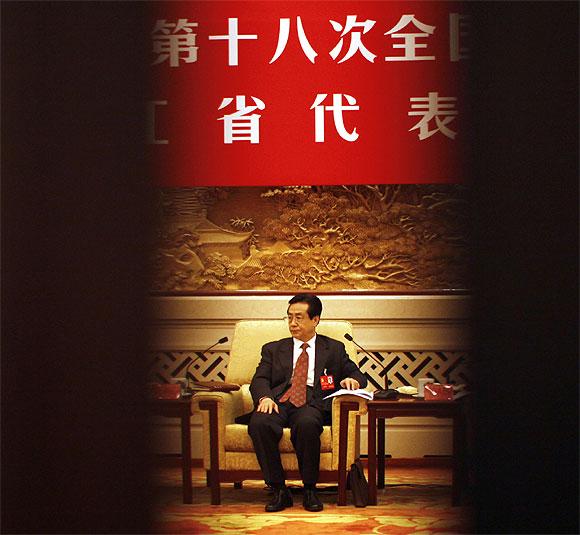
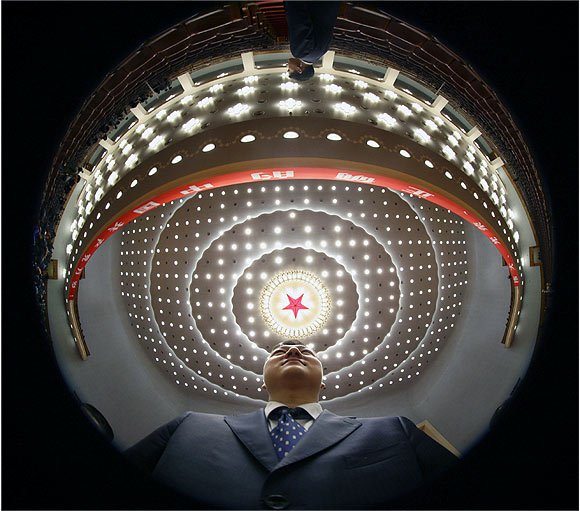
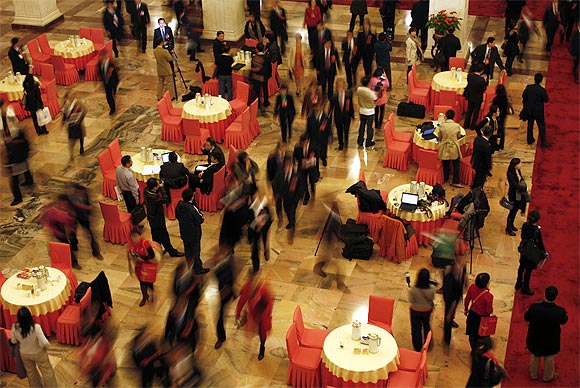
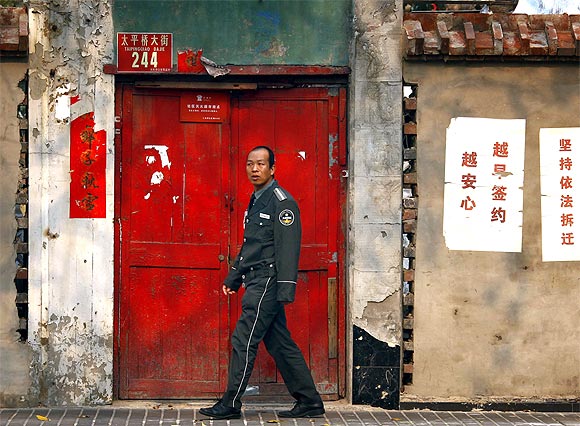
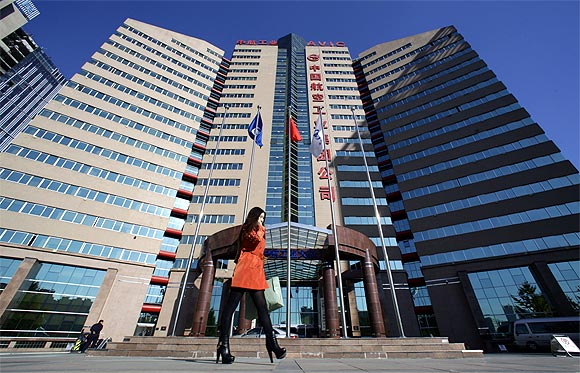
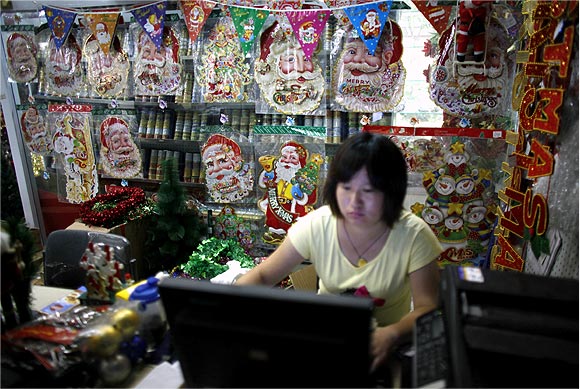

article